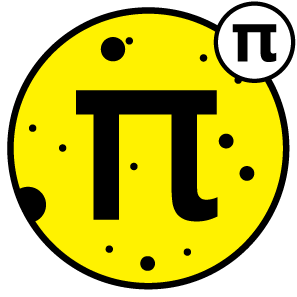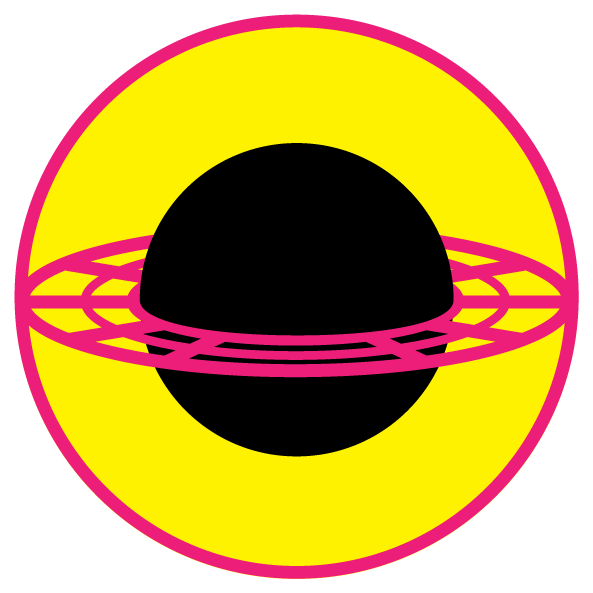Sky Constellation Shapes and Resources
null
from an undefined
place,
undefined
create (a place)
an account
of us
— Viorica Hrincu
Having recently drawn a few skycharts (Superclusters & Voids, Sanctuary Project), I was frustrated by the lack of parsable resources for the Constellations. Not being able to find a plain-text parsable definition of the constellation figures proved impossible, I created my own.
Quotes on this page are from my conversation with the folks at Sky & Telescope and IAU.
contents
You might be surprised to learn (I certainly was) that while the International Astronomial Union has a working group on stars names (WGSN), nobody is actually in charge of defining a canonical set of constellation shapes. I know — the horror, the horror.
While the IAU constellation boundaries, constellation names, and star
names have 'official' IAU values/names, the lines connecting the stars
are subject to the artist.
—Eric Mamajek
(chair, IAU WG Star Names)
While the IAU maintains a page of constellation maps, these maps were actually produced at Sky & Telescope magazine by Roger Sinnott, who put out the excellent Pocket Sky Atlas.
“The constellation figures on the IAU set of charts came from
Sky & Telescope, where they were designed by Alan MacRobert and have
been used in the magazine since the early 1990s. They aren't official
in any sense, but Alan did give them a lot of careful thought.”
— Roger Sinnott (Sky & Telescope)
The constellation shapes themselves were designed for Sky & Telescope by Alan MacRobert. Alan was influenced by shapes drawn by H.A. Rey in his book Stars: A New Way to See Them but in many cases adjusted them to preserve earlier traditions.
“I'm gratified at how the astronomical world has been
gravitating to our constellation figures over the years, starting
with the IAU. I put a great deal of thought into them.”
— Alan MacRobert (Sky & Telescope)
A figure for a constellation may connect to one or more neighbouring figures. For example, the figure of Carina connects to Puppis and Vela.

Some connections terminate short of their endpoint — these gaps were intentionally included by Alan in his original designs. The gaps are indicated by a flag in the figure records and a unit vector along the line is included on either end to help you draw the line short of its end.
In the case of Carina (above), you can see that its connections to the stars of Vela and Puppis have a gap.
Two other examples (of many) are Hydra and Orion.

“There are other cases, too, when our lines do not quite connect to
stars. For example, in the long serpentine figure of Hydra, we
intentionally left short gaps around α and β Crateris. That's
because those stars officially belong to Crater, rather than Hydra,
even though they take part in the geometrical figures of both.”
— Roger Sinnott (Sky &
Telescope)

“Alan [added gaps] quite consciously, to give the simple
geometric figure a shape more like a man with two legs (i.e., like
Orion, the Hunter, in mythology). And as a hunter, Orion has a raised
arm (the single line from α Orionis to μ and
the ξ–ν pair) wielding a heavy club (outlined
by ξ–ν–χ1–χ2).
Among the charts there are several other cases of a line going to the
rough midpoint of two close stars, because the observer thinks of them
as a pair rather than two distinct stars.”
— [Roger
Sinnott](https://skyandtelescope.org/about-us/roger-w-sinnott/) (Sky &
Telescope)
Connections of figures do not intersect except for the edge case of Carina and Volans. The α–β connection of Carina crosses Volans and intersects its α–β and α–ε connections.
This resolved by introducing a gap in the Carina α–β line.

“I forgot to mention one more situation where a gap occurs in
the [figure] of a constellation, at least as implemented in our
S&T software. We did not want a line belonging to one constellation
to cross or intersect a line of another constellation. The best
example (maybe the only example) appears on the attached chart of
Volans.”
— Roger Sinnott (Sky & Telescope)
The α–β gap is not encoded in my file because its position depends on the projection.
“In our software, we took care of this and other gaps in lines
by adding fictitious stars to the database for the lines to end
on. These fictitious stars lie on the great circle between the two
real stars that define the line. This way, a graphic artist who
finalizes a chart does not have to remember to insert needed gaps
manually.”
— Roger Sinnott (Sky & Telescope)
I had a great exchange with Alan about the figures.
Here, he comments about his design philosophy.
Each [figure] is a compromise between competing priorities.
The lines must include the lines that the eye can't help but naturally
see. Two bright stars near each other must be connected because
that's what the eye does, no escaping it.
Figures should look like the thing named if reasonably possible. I
started with H. A. Rey's groundbreaking figures in his constellation
guide The Stars, a New Way to See Them (1952).
But Rey committed four sins.
1 — He occasionally fudged star positions
slightly to make his figures work better.
2 — He sometimes used stars too
faint for most modern skywatchers to see.
3 — He often connected stars
with line patterns too complicated for the eye to see easily, while
skipping the lines between brighter stars that the eye can't help but
see.
4 — And, he paid no attention to the constellations' deep heritage in how they have been oriented and depicted since Greco-Roman times. This
often makes them conflict with the representations that were the basis
of it all and that are seen throught astronomy literature.
I tried to make realistic stick figures that did match ancient
representations, as recorded in the Almagest star names ('foot,'
'knee', 'tail', etc.) and old depictions going back to the Farnese Globe.
— Alan MacRobert (Sky & Telescope)

The Virgo I eventually came up with, for instance, not only
matches her ancient arrangement but for the first time, as far as I
know, matches her activity: holding the ear of grain Spica in one hand
and sowing seeds on the springtime fields with her other hand.
I suspect that I rediscovered the original Virgo as seen by farmers
and herdsmen outdoors at night before the 'fine arts' took over
(starting with the artist hired to paint the constellations on a
ceiling in the palace of Philip of Macedon. A king doesn't want grubby
shepherds' stick figures, he wants Fine Art to show off. And so it
began.)
— Alan MacRobert (Sky & Telescope)

Similarly, I went with the Hercules who has 'Head of the Giant' as
his head star, 'Knee' as his knee star, and 'Club' as the top of his
club.
This makes Hercules hold out his lion skin in front of him,
echoing Orion also waving a club over his head and holding out a lion
skin in front of him. I doubt that was a coincidence.
— Alan MacRobert (Sky & Telescope)

And I made sure that Lupus is being stabbed in the
throat by Centaurus thrusting a spear.
— Alan MacRobert (Sky & Telescope)

But a few just had to be what everybody now sees.
Cassiopeia is a W no matter what — even though her stars, including
fainter ones connected in the ancient order by name from head to foot,
suggest an evocative profile outline of a grieving woman.
— Alan MacRobert (Sky & Telescope)

...and Sagittarius is a teapot, even though H. A. Ray's version is
more or less historically correct, bow and arrow and all as far as I
could tell.
— Alan MacRobert (Sky & Telescope)
This file contains all the information you need to draw basic star maps (with name and designation labels) and constellation figures. It is the most complete (and self-contained) sky constellation dataset of its kind — if you find something better, let me know!
To learn more, read the detailed explanation of this file.
Beyond Belief Campaign BRCA Art
Fuelled by philanthropy, findings into the workings of BRCA1 and BRCA2 genes have led to groundbreaking research and lifesaving innovations to care for families facing cancer.
This set of 100 one-of-a-kind prints explore the structure of these genes. Each artwork is unique — if you put them all together, you get the full sequence of the BRCA1 and BRCA2 proteins.
Propensity score weighting
The needs of the many outweigh the needs of the few. —Mr. Spock (Star Trek II)
This month, we explore a related and powerful technique to address bias: propensity score weighting (PSW), which applies weights to each subject instead of matching (or discarding) them.
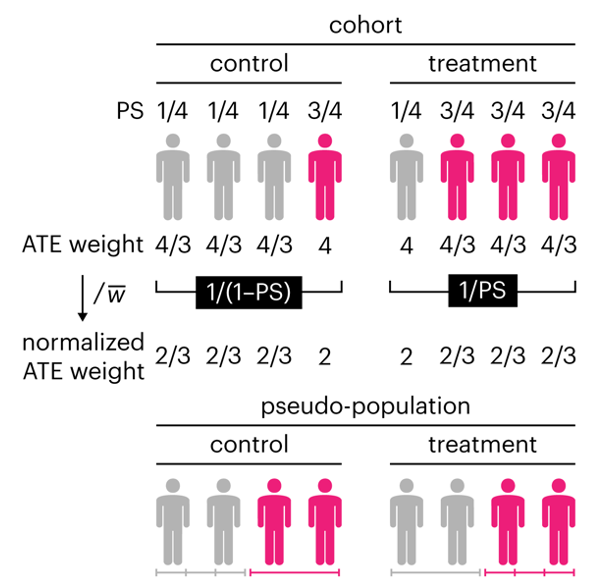
Kurz, C.F., Krzywinski, M. & Altman, N. (2025) Points of significance: Propensity score weighting. Nat. Methods 22:1–3.
Happy 2025 π Day—
TTCAGT: a sequence of digits
Celebrate π Day (March 14th) and sequence digits like its 1999. Let's call some peaks.
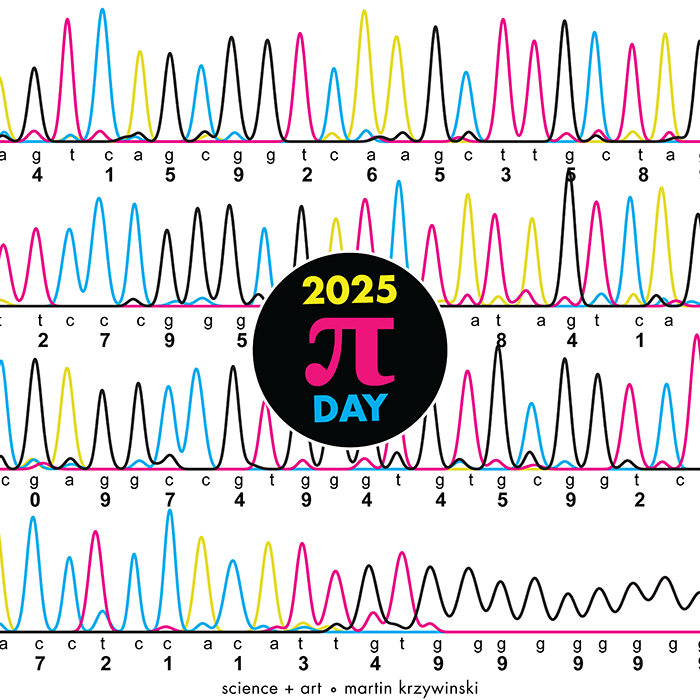
Crafting 10 Years of Statistics Explanations: Points of Significance
I don’t have good luck in the match points. —Rafael Nadal, Spanish tennis player
Points of Significance is an ongoing series of short articles about statistics in Nature Methods that started in 2013. Its aim is to provide clear explanations of essential concepts in statistics for a nonspecialist audience. The articles favor heuristic explanations and make extensive use of simulated examples and graphical explanations, while maintaining mathematical rigor.
Topics range from basic, but often misunderstood, such as uncertainty and P-values, to relatively advanced, but often neglected, such as the error-in-variables problem and the curse of dimensionality. More recent articles have focused on timely topics such as modeling of epidemics, machine learning, and neural networks.
In this article, we discuss the evolution of topics and details behind some of the story arcs, our approach to crafting statistical explanations and narratives, and our use of figures and numerical simulations as props for building understanding.
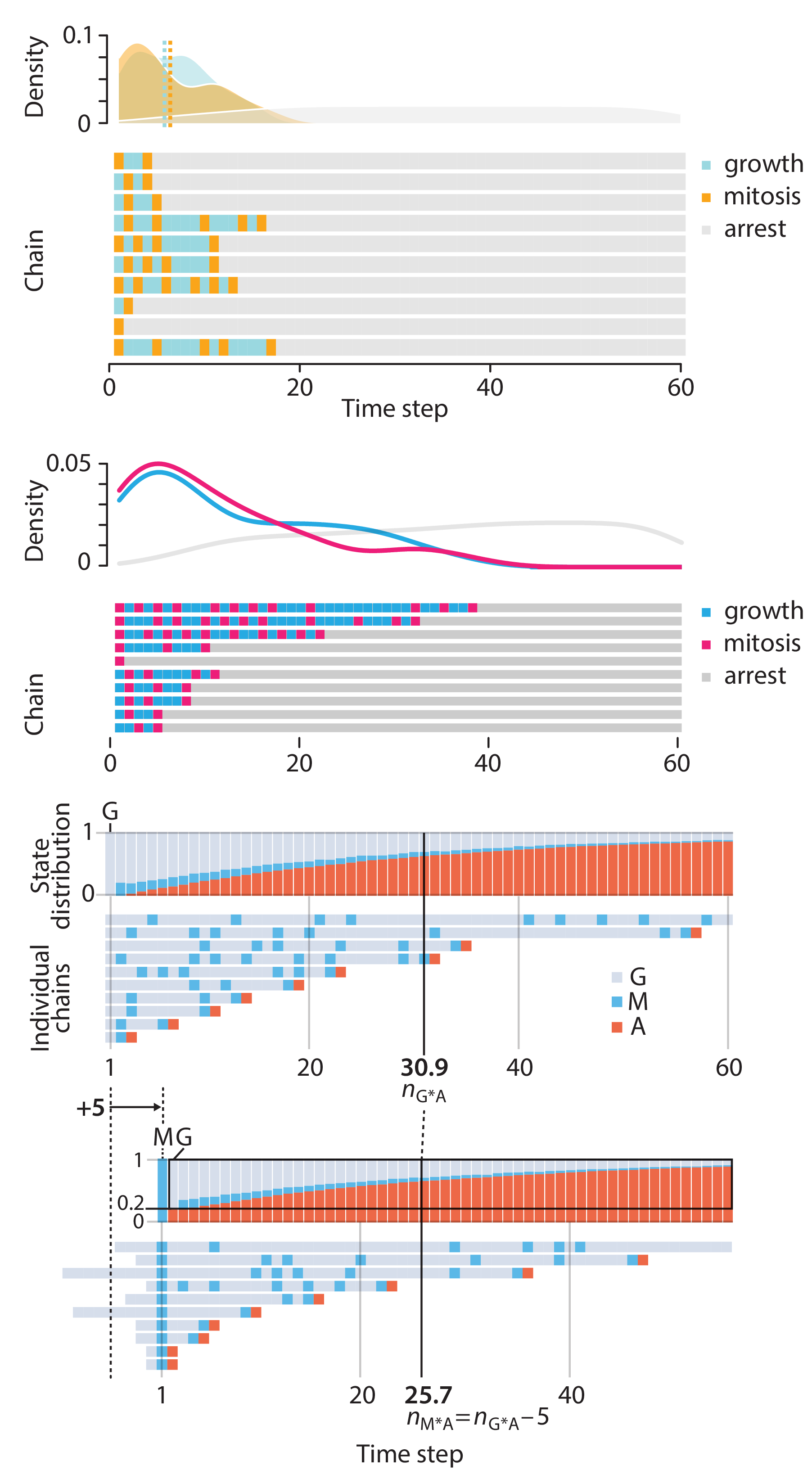
Altman, N. & Krzywinski, M. (2025) Crafting 10 Years of Statistics Explanations: Points of Significance. Annual Review of Statistics and Its Application 12:69–87.
Propensity score matching
I don’t have good luck in the match points. —Rafael Nadal, Spanish tennis player
In many experimental designs, we need to keep in mind the possibility of confounding variables, which may give rise to bias in the estimate of the treatment effect.
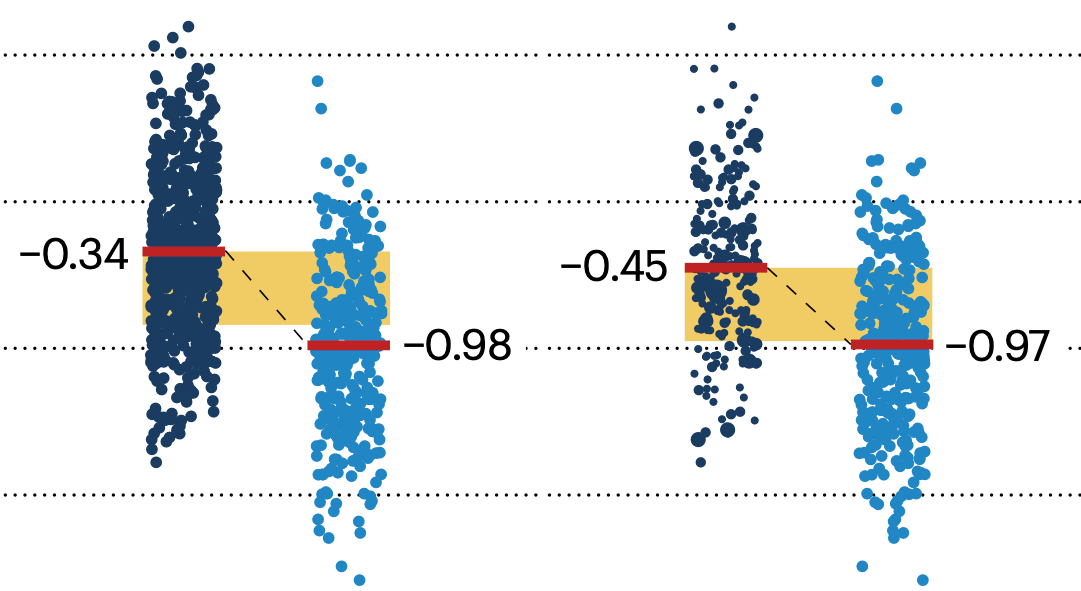
If the control and experimental groups aren't matched (or, roughly, similar enough), this bias can arise.
Sometimes this can be dealt with by randomizing, which on average can balance this effect out. When randomization is not possible, propensity score matching is an excellent strategy to match control and experimental groups.
Kurz, C.F., Krzywinski, M. & Altman, N. (2024) Points of significance: Propensity score matching. Nat. Methods 21:1770–1772.
Understanding p-values and significance
P-values combined with estimates of effect size are used to assess the importance of experimental results. However, their interpretation can be invalidated by selection bias when testing multiple hypotheses, fitting multiple models or even informally selecting results that seem interesting after observing the data.
We offer an introduction to principled uses of p-values (targeted at the non-specialist) and identify questionable practices to be avoided.
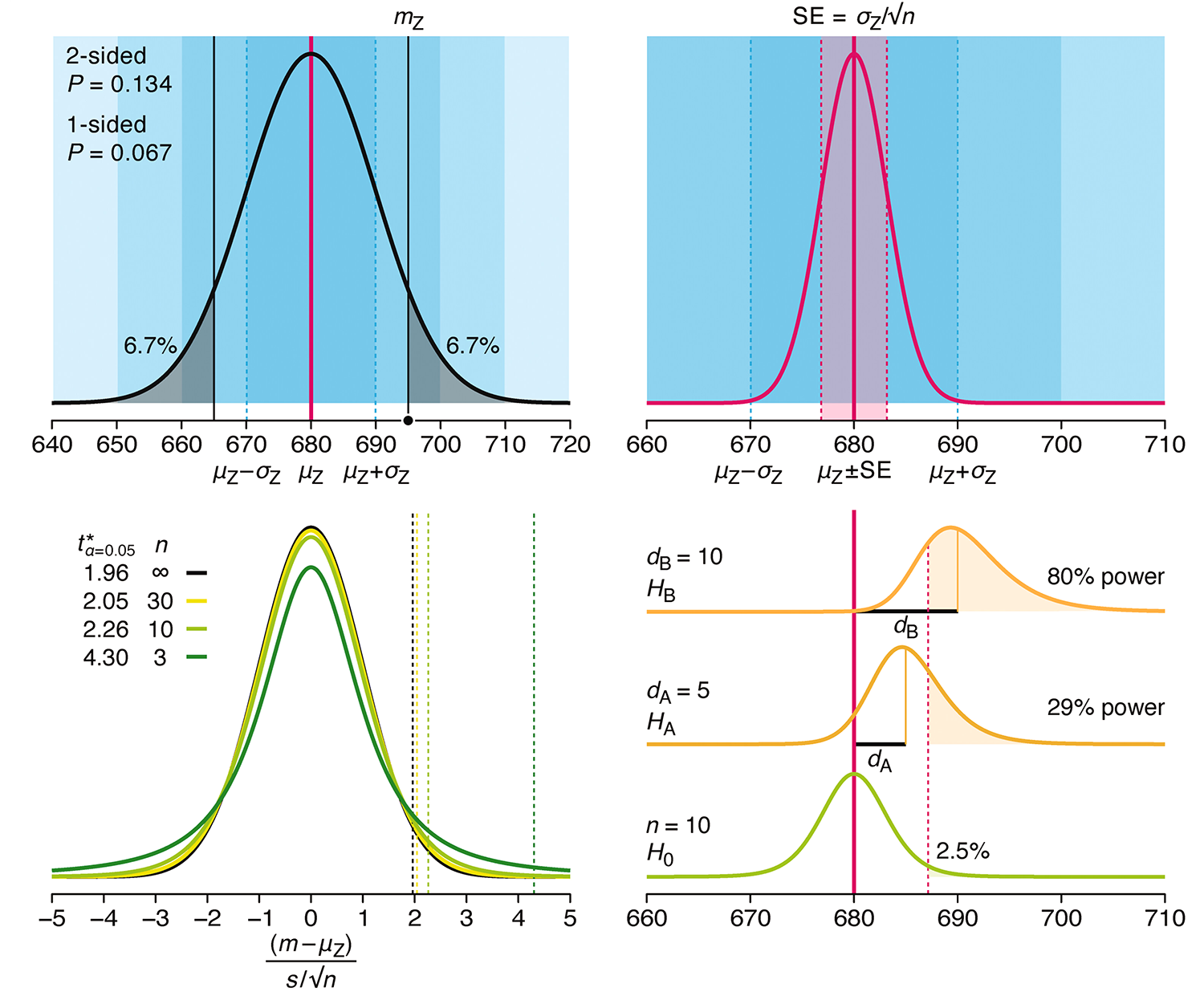
Altman, N. & Krzywinski, M. (2024) Understanding p-values and significance. Laboratory Animals 58:443–446.
